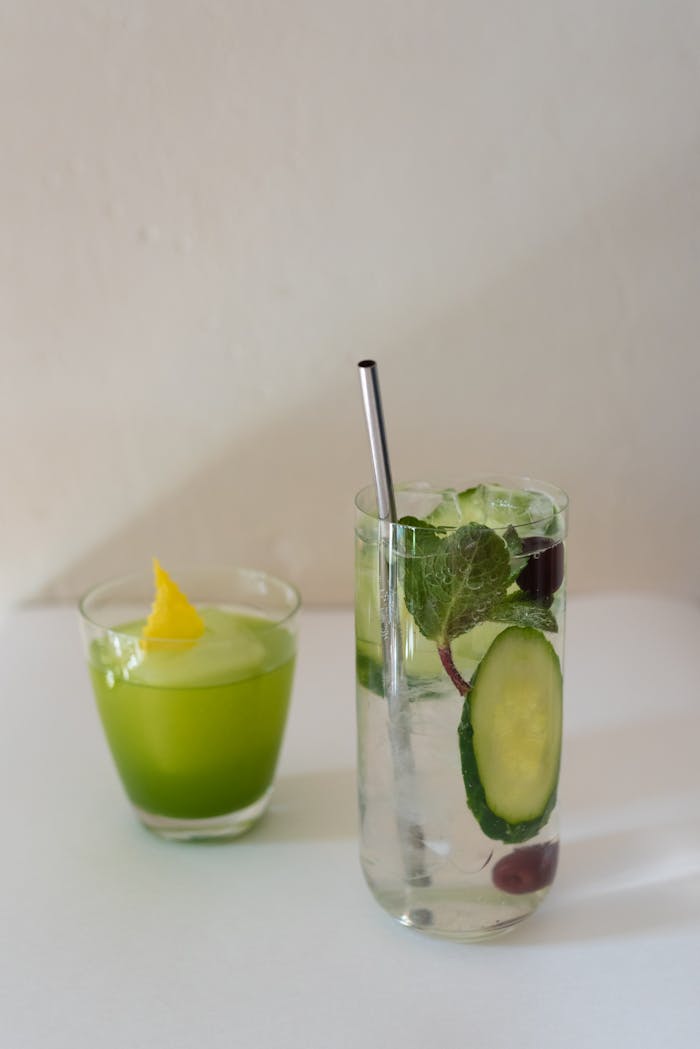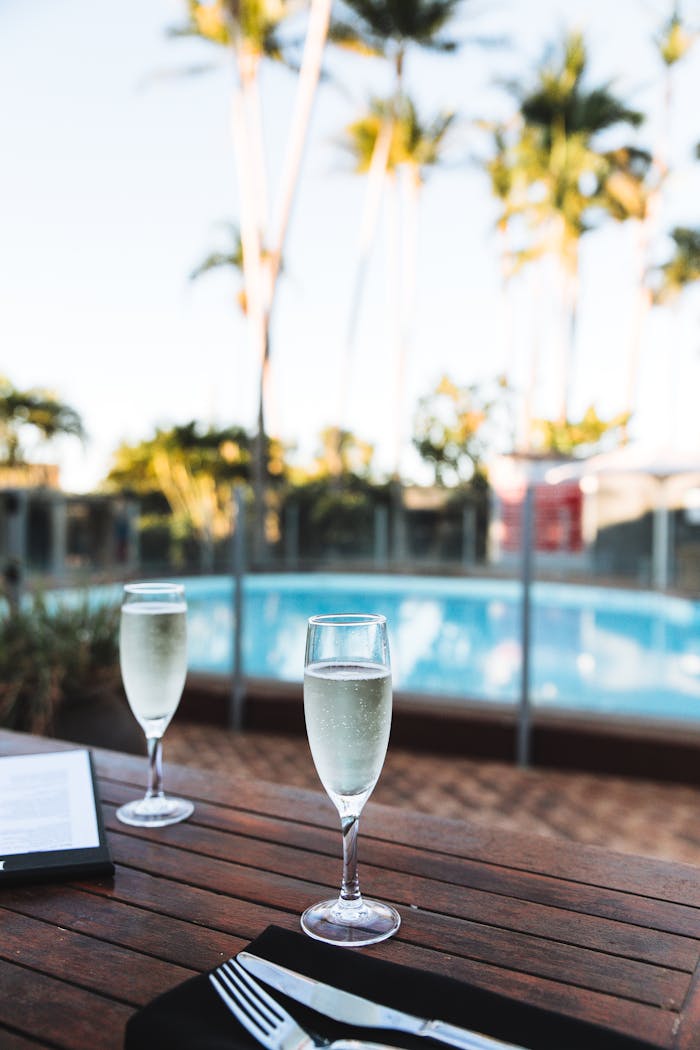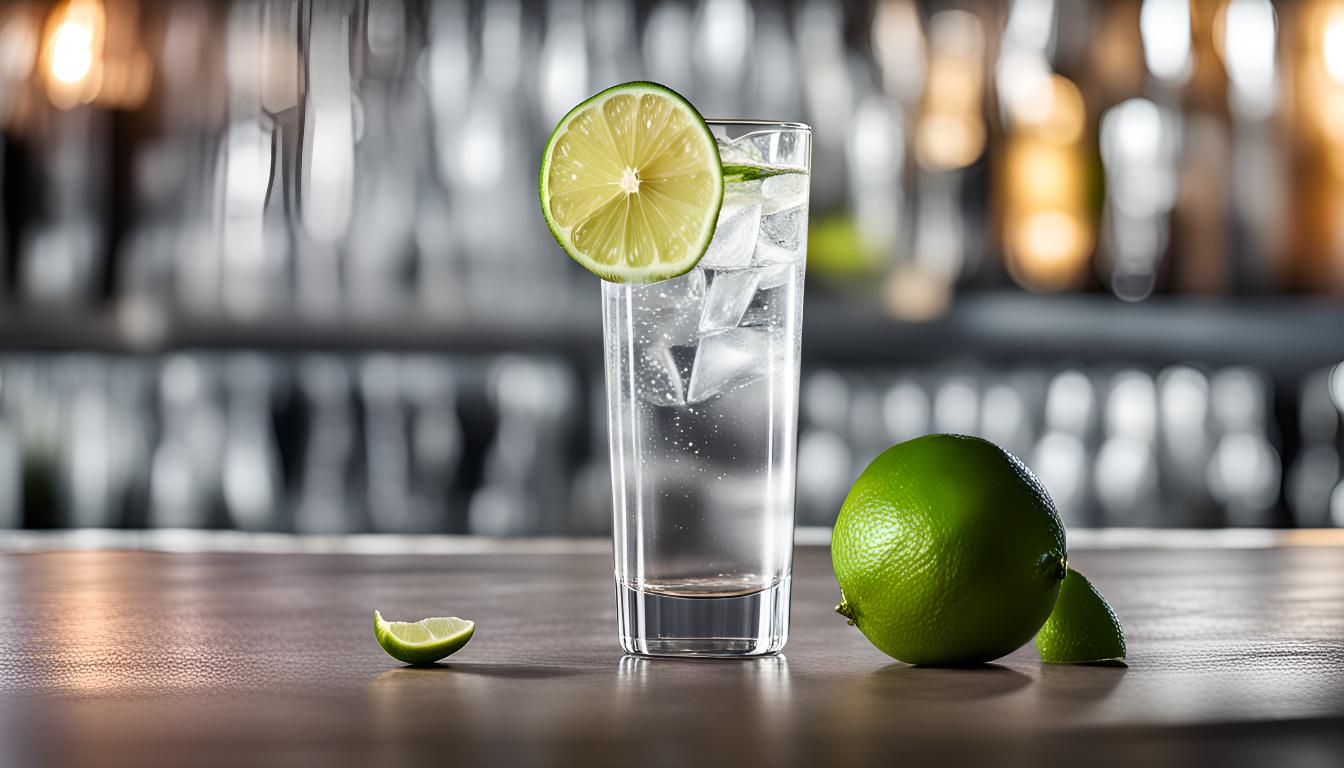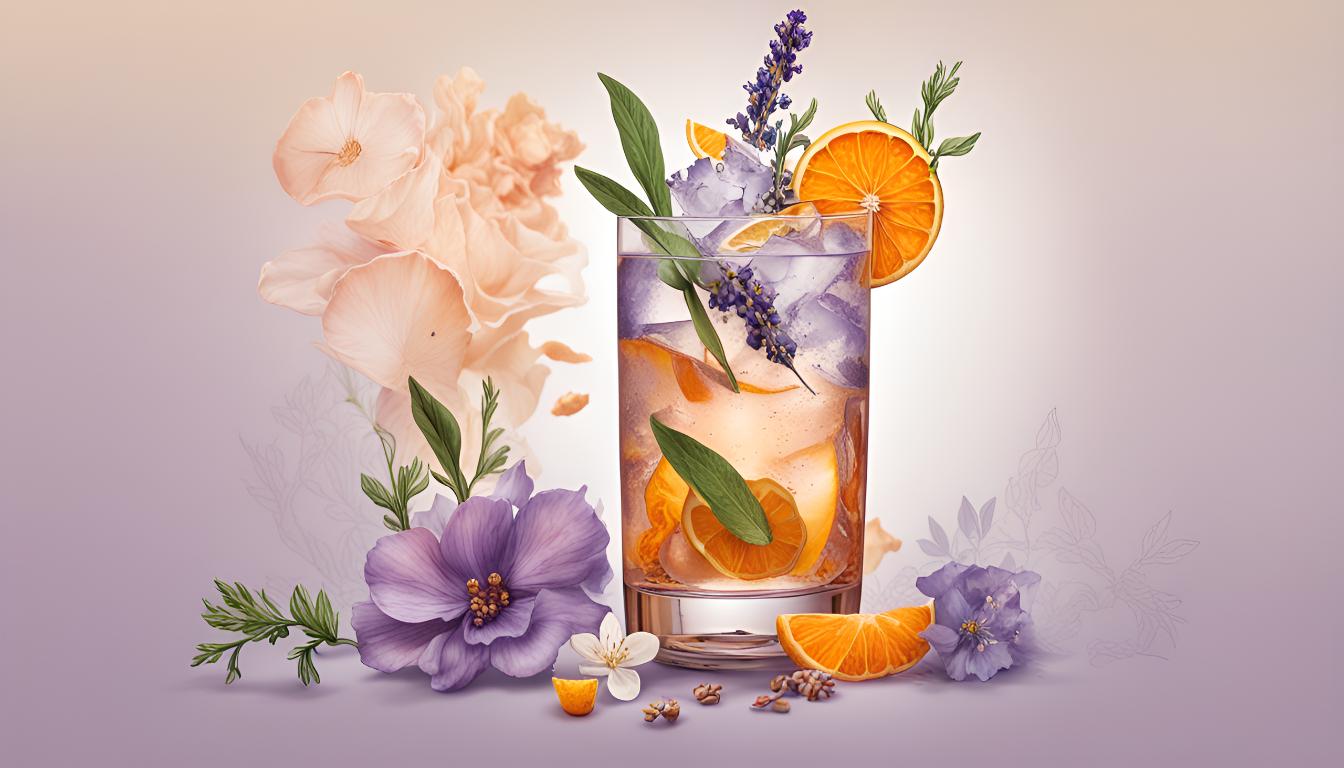Introduction
Cocktail culture has seen a significant resurgence in recent years, with tonic water playing a pivotal role in this revival. No longer just a simple mixer, tonic water has evolved into an essential ingredient that can make or break a cocktail. For bartenders, home mixologists, and beverage enthusiasts, understanding the nuances of different tonic waters can elevate your drink-making game to new heights. In this blog post, we’ll explore the history of tonic water, its key components, and review some of the best tonic waters on the market today. We’ll also share tips and recipes for crafting perfect cocktails and discuss the latest trends in the tonic water industry.
The History of Tonic Water
Tonic water’s origins are rooted in medicine. It all started in the 19th century when British colonialists in India used quinine, derived from the bark of the cinchona tree, to treat malaria. Quinine, however, was bitter, so it was mixed with soda water and sugar, creating the first tonic water. This concoction became incredibly popular, not just for its medicinal properties but also for its refreshing taste.
Over time, tonic water made its way into bars and became a staple ingredient in cocktails. The iconic Gin & Tonic was born out of necessity and quickly became a beloved drink worldwide. Today, tonic water continues to be a vital component in many classic and modern cocktails, offering a unique blend of bitterness and sweetness that enhances various spirits.
Key Components of a Good Tonic Water
When choosing a tonic water for your cocktails, several key components can determine its quality and suitability for different drinks:
Quinine Content
The amount of quinine in tonic water affects its bitterness. Too much can overpower your cocktail, while too little may not provide the desired balance. Look for tonic waters with a well-measured quinine content.
Sweeteners
Traditional tonic waters use sugar, but contemporary versions may include alternative sweeteners like agave or stevia. The type and amount of sweetener can significantly alter the flavor profile, so choose one that complements your preferred spirits.
Carbonation
The level of carbonation can make a big difference in how a tonic water interacts with other ingredients. A highly carbonated tonic can add a lively fizz to your cocktail, while a gentler carbonation may allow other flavors to shine through.

Tasting Notes: Top Tonic Waters on the Market
Fever-Tree Premium Indian Tonic Water
Fever-Tree is renowned for its high-quality mixers, and their Premium Indian Tonic Water is no exception. It boasts a balanced quinine content that provides the right amount of bitterness without overpowering the palate. The carbonation is perfectly calibrated, offering a crisp and refreshing finish. With natural sweeteners and no artificial additives, this tonic water is versatile enough to pair with a variety of spirits.
Q Tonic Water
Q Tonic Water stands out for its use of organic agave as a sweetener, giving it a unique and slightly earthy sweetness. It has a higher carbonation level, which makes it exceptionally effervescent. The quinine content is moderate, making it a great choice for those who prefer a less bitter tonic. Its clean and crisp taste pairs well with both gin and vodka-based cocktails.
Schweppes Tonic Water
A classic choice, Schweppes Tonic Water has been a staple in bars for decades. It offers a balanced flavor with a distinct bitterness from quinine and a moderate sweetness. The carbonation is robust, providing a lively mouthfeel. It’s a reliable option for traditional cocktails like Gin & Tonic and Vodka Tonic.
East Imperial Old World Tonic
Inspired by the original tonic waters of the 19th century, East Imperial Old World Tonic offers a unique and sophisticated flavor profile. It uses all-natural ingredients, including Thai lemongrass and Manao lime, which add a fragrant and zesty note. The quinine content is subtle, making it suitable for delicate spirits like artisanal gins.
Fentimans Connoisseurs Tonic Water
Fentimans Connoisseurs Tonic Water lives up to its name with a refined and complex flavor. It features a blend of botanicals, including juniper and kaffir lime, which add depth and character. The sweetness is derived from natural sugars, and the carbonation is gentle, allowing the botanical flavors to shine. It’s an excellent choice for premium gin cocktails.
Crafting the Perfect Cocktail with Tonic Water
Creating the perfect cocktail involves more than just mixing ingredients; it’s about balance and harmony. Here are some tips and recipes to help you craft the best cocktails using the featured tonic waters:
Gin & Tonic
A classic that never goes out of style. Use Fever-Tree Premium Indian Tonic Water for a balanced and refreshing drink.
- Ingredients:
- 2 oz gin
- 4 oz Fever-Tree Premium Indian Tonic Water
- Ice
- Lime wedge for garnish
- Instructions:
- Fill a glass with ice.
- Pour in the gin and top with tonic water.
- Stir gently and garnish with a lime wedge.
Vodka Tonic
For a crisp and clean cocktail, Q Tonic Water pairs perfectly with vodka.
- Ingredients:
- 2 oz vodka
- 4 oz Q Tonic Water
- Ice
- Lemon twist for garnish
- Instructions:
- Fill a glass with ice.
- Add the vodka and top with tonic water.
- Stir gently and garnish with a lemon twist.
Elderflower Gin & Tonic
Elevate your Gin & Tonic with a floral twist using Fentimans Connoisseurs Tonic Water.
- Ingredients:
- 2 oz gin
- 4 oz Fentimans Connoisseurs Tonic Water
- Ice
- Edible flowers for garnish
- Instructions:
- Fill a glass with ice.
- Pour in the gin and top with tonic water.
- Stir gently and garnish with edible flowers.
Tonic Water Trends and Innovations
The tonic water industry is continuously evolving, with new trends and innovations emerging to meet consumer demands:
Botanical Infusions
Many brands are now infusing their tonic waters with botanicals like lavender, hibiscus, and elderflower. These additions not only enhance the flavor but also add a unique twist to traditional cocktails.
Low-Calorie Options
With a growing focus on health and wellness, low-calorie tonic waters are becoming increasingly popular. These versions use alternative sweeteners to reduce calorie content without compromising on taste.
Craft Tonic Waters
Just as the craft beer movement has taken off, so too has the craft tonic water movement. Small-batch producers are experimenting with unique ingredients and processes to create distinctive tonic waters that stand out in the market.
Conclusion
Tonic water is more than just a mixer; it’s an essential component that can elevate your cocktails to new heights. Whether you’re a bartender, home mixologist, or beverage enthusiast, understanding the different types of tonic waters and how to use them can greatly enhance your drink-making skills. Experiment with different brands and recipes to discover your perfect match. And remember, the key to a great cocktail lies in the balance of flavors, so choose your tonic water wisely. Cheers to creating the perfect cocktail!
For those looking to deepen their knowledge and refine their skills, consider joining our community of beverage enthusiasts. Sign up for exclusive content, events, and more!



